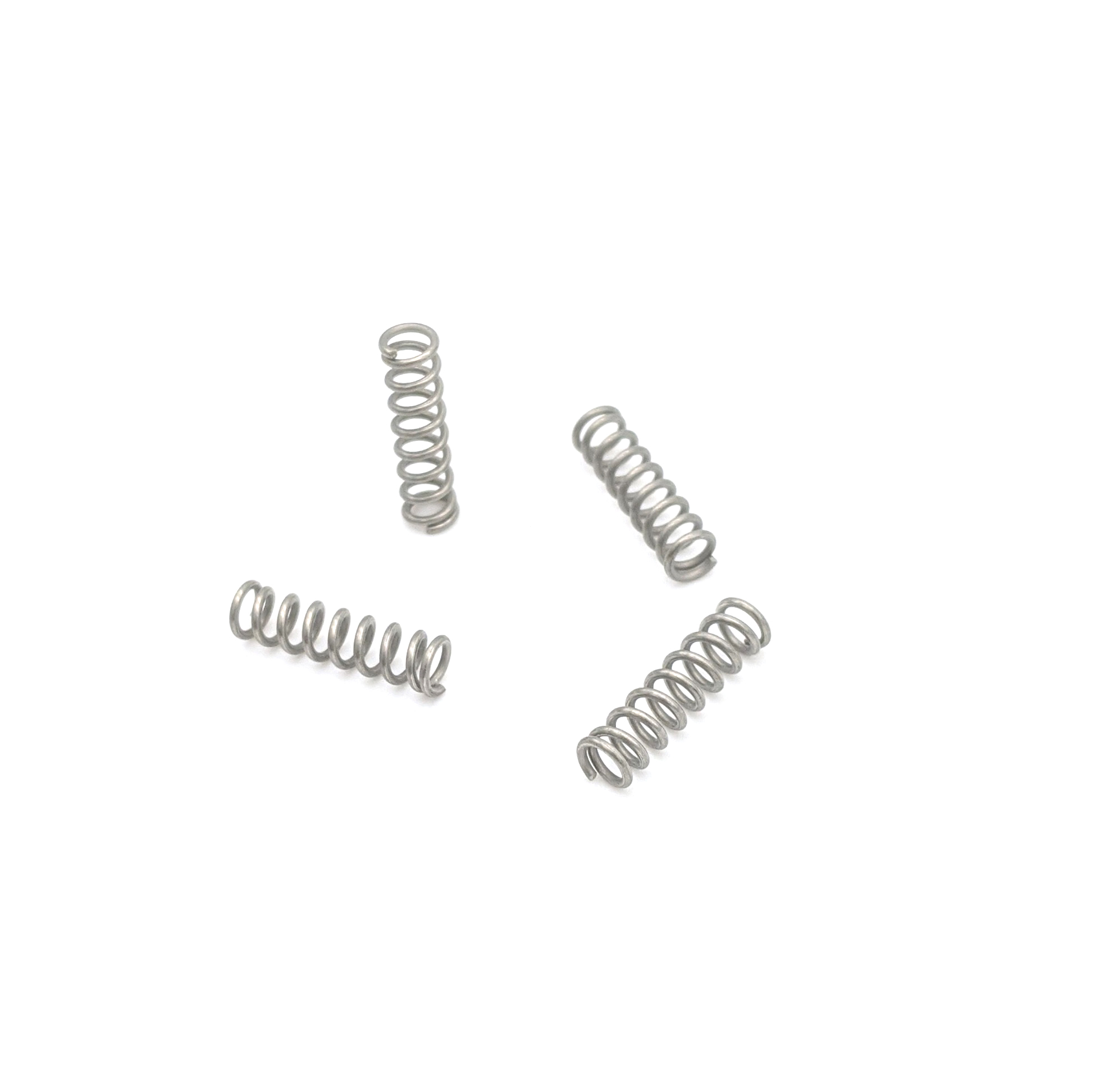Get unique, complex parts easily. No matter your requirements, Chaoyi Spring creates hard-to-produce coil springs and wire forms.
Let us help you create the custom wire form you need, from S-hooks and J-hooks to utility hooks and more.
We work closely with customers across a wide range of industries, helping them design and manufacture made-to-order parts.
Why choose Chaoyi Spring? We prioritize customer-focused collaboration, modern equipment and the latest technology to make your parts per print.
Find the information and guidance you need, from measuring a spring to learning about materials, placing an order and much more.
The garage door, a seemingly simple mechanism, relies on a complex interplay of parts to function smoothly. While hinges and rollers get their share of the spotlight, one crucial component


The garage door, a seemingly simple mechanism, relies on a complex interplay of parts to function smoothly. While hinges and rollers get their share of the spotlight, one crucial component often goes unnoticed: the torsion spring. This unsung hero provides the power and precision that allows your garage door to open and close with ease. Let's delve into the world of torsion springs, exploring their workings, types, and importance in ensuring the safe and reliable operation of your garage door.

Torsion springs, unlike the more familiar compression springs, are designed to store energy by twisting. Imagine a tightly wound rubber band; as you twist it, it stores energy, and when released, it unwinds, releasing that energy. Torsion springs operate in a similar way, but instead of rubber, they're made of sturdy metal, allowing them to handle the heavy weight of a garage door.
When your garage door opens, the torsion spring unwinds, providing the force needed to lift the door. As the door closes, the spring winds back up, storing the energy for the next opening cycle. This constant interplay of energy storage and release is what makes garage doors move smoothly and effortlessly.
Torsion springs come in various configurations, each suited to different door sizes and weights. The most common types are:
Torsion springs play a critical role in the safe and efficient operation of your garage door. Here's why they are so important:
While torsion springs are essential for garage door operation, they can also be dangerous if not handled properly. Here are some crucial safety tips:
The torsion spring may be a hidden component, but it is an essential one, ensuring the safe and smooth operation of your garage door. Understanding the importance of these springs and taking proper safety precautions can help you avoid potential accidents and keep your garage door working reliably for years to come. Remember, when it comes to garage door maintenance, it's always best to leave the torsion spring work to the experts.
The next time you open your garage door, take a moment to appreciate the silent power of the torsion spring. It's a testament to the engineering ingenuity that makes our everyday lives easier and safer.
Browse some of the custom wire forms and springs that we manufacture. Don’t see what you need? We specialize in made-to-order products that meet your application requirements.
Visit Our GalleryNeed a custom wire form or coil spring? We make it work. Fill out the contact form and a representative will respond within 1 business day. If you have a PDF or CAD file, you can submit to request a quote.